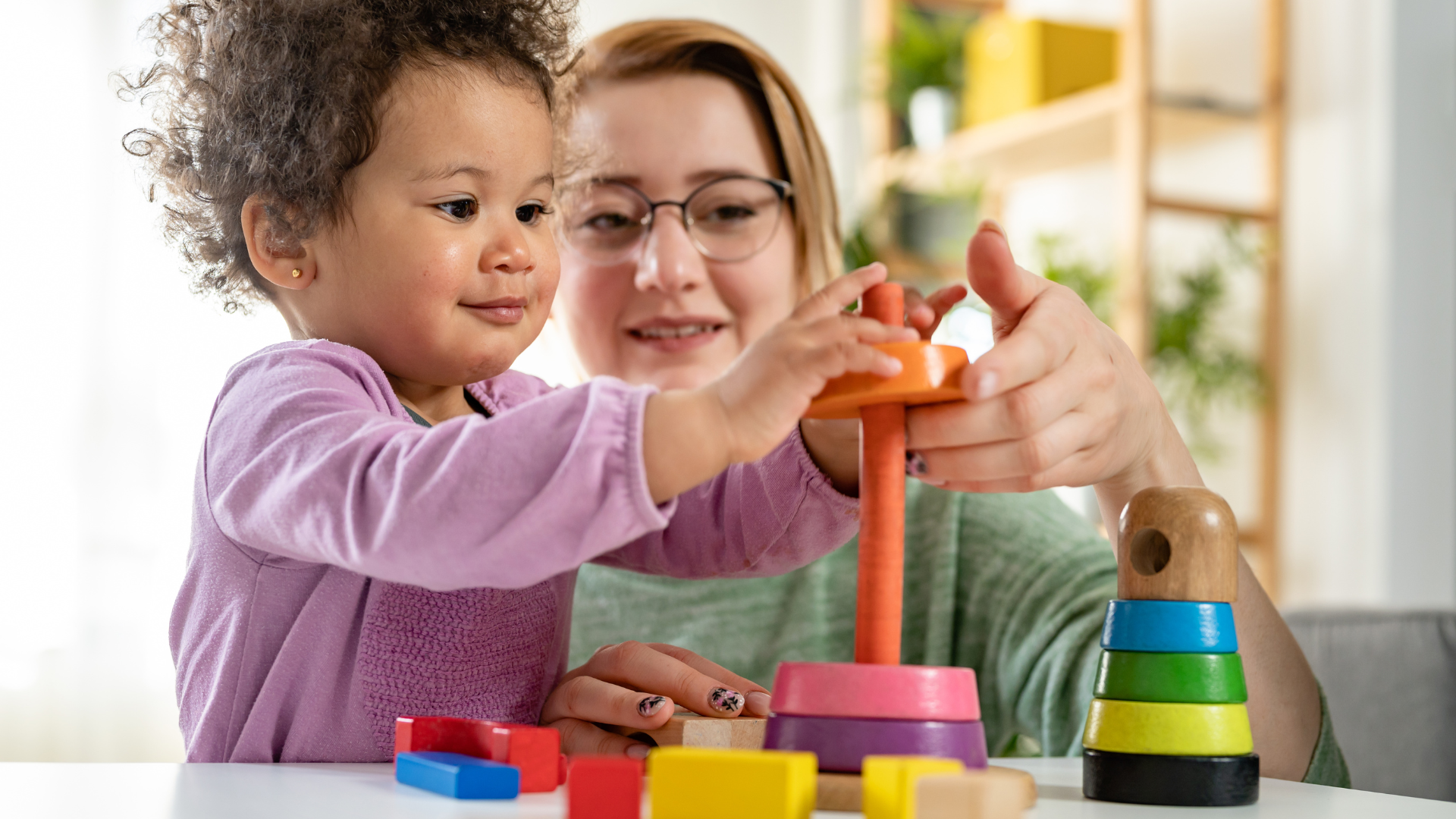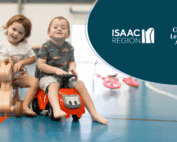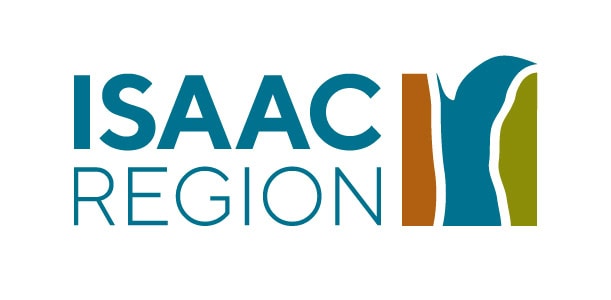
At the Childcare Leadership Alliance (CLA), we stand firmly behind the exceptional work of Early Childhood Educators (ECEs) in Australian childcare centres. They are the guiding light for our youngest learners, nurturing not just minds, but hearts and social development as well. This blog delves into the multifaceted role of ECEs and the profound impact they have on the lives of our little ones:
- Architects of Holistic Development:
At the Childcare Leadership Alliance we advocates for a holistic approach to early childhood education. ECEs go beyond academics, fostering environments that spark curiosity and exploration. They create a love for learning that serves as a strong foundation for future success, focusing not only on academic knowledge but also on emotional, social, and physical well-being.
- Champions of Individualised Learning:
Understanding that each child is unique, Early Childhood Educators tailor their approaches to cater to individual learning styles, strengths, and needs. By recognising and celebrating diversity, they create an inclusive environment where every child feels valued and supported.
- Building Strong Foundations for the Future:
The early years are a critical period for brain development. Early childhood educators introduce age-appropriate activities that stimulate cognitive growth, laying the groundwork for future academic achievements. Through play-based learning and structured activities, they nurture the curiosity and imagination of young minds.
- Promoting Social and Emotional Intelligence:
Emotional intelligence is as vital as academic knowledge. Early childhood educators guide children in understanding and expressing their emotions, fostering empathy, and building positive relationships with peers. These social and emotional skills are fundamental for success in school and life.
- Creating Safe and Nurturing Environments:
A sense of security is paramount for young children. Early childhood educators establish a safe and nurturing atmosphere where children feel emotionally secure, fostering an environment conducive to learning and exploration. This creates a foundation for the development of confidence and self-esteem.
- Partners in a Child’s Development:
Effective communication between educators and parents is key to a child’s development. Early childhood educators actively engage with parents, providing regular updates on a child’s progress, milestones, and any areas that may require attention. This collaborative approach ensures a holistic understanding of the child’s needs.
- Implementing National Quality Frameworks:
Australian child care centres adhere to national quality frameworks, and early childhood educators play a crucial role in implementing these frameworks. They integrate age-appropriate educational practices, assessment strategies, and planning that align with recognized standards, ensuring a high-quality learning experience.
- Advocates for Early Childhood Education:
Beyond the confines of the child care centre, early childhood educators often serve as advocates for the importance of early childhood education in society. They contribute to raising awareness about the significance of investing in the early years and the profound impact it has on the future well-being of children and the community.
Early childhood educators play a critical role in fostering a love for learning, building social and emotional skills, and laying the groundwork for future success and the Childcare Leadership Alliance is committed to supporting them in this vital role.












